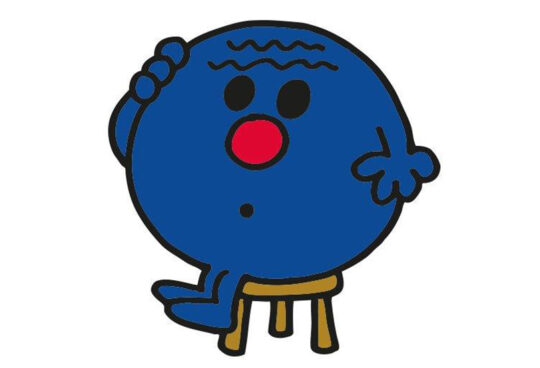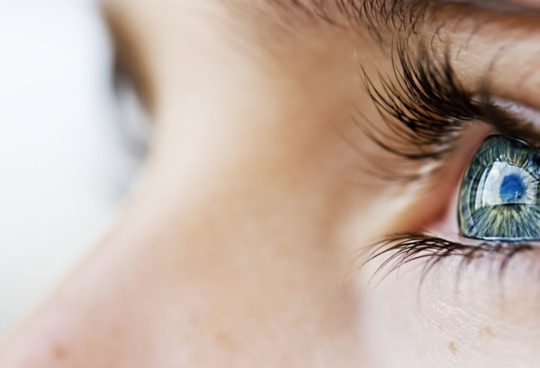This seems like the wrong time of year to post a blog about sadness but maybe it’s absolutely the right time.
We seem to be a society obsessed with happiness. The self-help aisles are full of books on how to become happy and stay happy. Our New Year’s resolutions are often about ‘having a happier year next year’. But what if this eternal pursuit of happiness is actually the reason that some people feel so bad?

Both in my working and personal life I’ve noticed that the people who seem to be the happiest are the ones that accept sadness as an inevitable part of their lives. They don’t think of it as a negative emotion that should be gotten rid of but as a necessary one. The people who know that sadness and depression are not the same thing. The ones that don’t think that feeling sad will inevitably lead them down into depression. These are the ones that seem to live a happier, healthier life.
But this is not the message that you will often hear. You constantly hear children being told not to be sad. When Grandma passes away we tell the congregation at the funeral that she wouldn’t want them to be sad. I hear parents tell me that they would never cry in front of their children because they need to ‘stay strong’ for them. And so on… If you stop to think about this you will realise how ridiculous the concept is. Being sad when someone we love passes away is normal and a good thing. It means we care. Crying when we are going through suffering is not weakness – it’s normal. As Gandalf says in The Lord of the Rings “I will not say: do not weep; for not all tears are an evil.”

When clients come to see me one of the things we explore is whether the emotions that they are feeling are appropriate to their situation. Sometimes it would be inappropriate for someone to be happy given their circumstances. However, because they are fighting against sadness, trying to ‘stay positive’ and telling themselves off for being sad because it is ‘weak’ they are actually hurting themselves even more than if they let themselves JUST BE SAD. Also, this relentless task of acting happy when you’re not can be exhausting and make you feel worse.

Sadness is not a negative emotion it’s just an emotion. Sadness is not depression. Depression is sadness without hope. You can be sad right now because you are going through a hard time yet still stay hopeful that things will be better in the future. When clients talk to me about wanting to be happy again I acknowledge that that is a normal desire but that it might be more achievable right now to think about staying healthy whilst they are sad. Maybe we need to stop thinking of any emotions as either negative or positive and that they just are.
So, at Grandma’s funeral, maybe instead of saying she wouldn’t want us to be sad we could say that she would understand that we were sad to lose her but she wouldn’t want us to stay sad forever.
To the child who is crying we could ask them why they are sad instead of telling them not to be.
To the parent who is trying to hide their tears they could cry openly and explain why they are crying and tell their children that tears are a normal part of living.
And then maybe – by accepting sadness we could all lead much healthier, more balanced lives and… as a result… be happier.

Weird Right!
For more information you can read James Davies – The Importance of Suffering or just watch Disney Pixar’s Inside Out.






Sorry, the comment form is closed at this time.